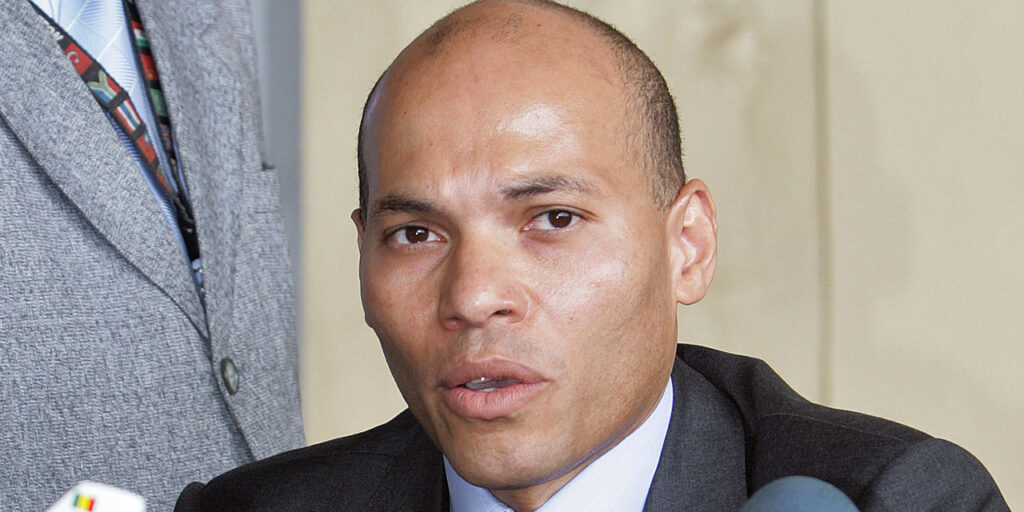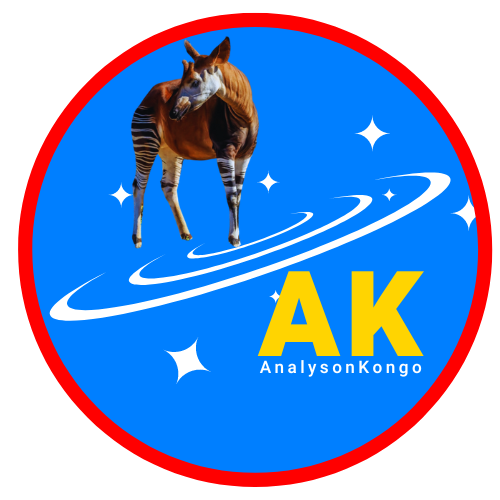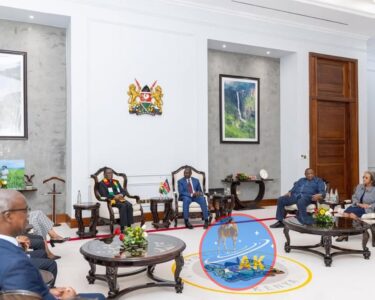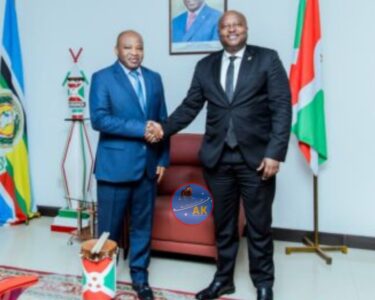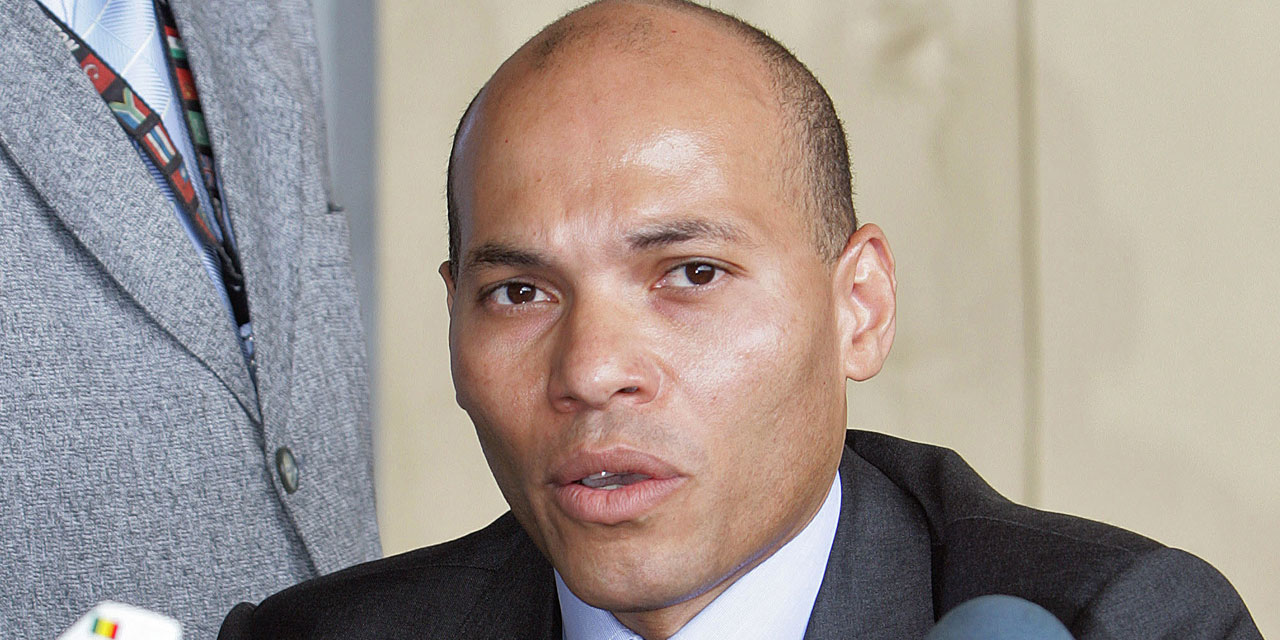
Major Agreements Between the Democratic Republic of Congo (DRC) and the United Arab Emirates (UAE): Strategic Partnerships for Growth
Since 2019, the Democratic Republic of Congo (DRC) has established several significant agreements with the United Arab Emirates (UAE), covering a wide range of sectors. Below are the six major agreements, their estimated costs, the involved parties, and the advantages and challenges each project brings.
1. Economic Cooperation Agreements (December 2022)
- Estimated Cost: USD 2-3 billion in investments.
- DRC’s Role: Permitting UAE companies to invest in key sectors like mining and infrastructure.
- UAE’s Role: Investment through funds like Mubadala Investment Company.
- Advantages: Job creation and infrastructure development.
- Challenges: Environmental concerns and potential over-reliance on foreign capital.
2. Natural Resource Management Agreement (June 2023)
- Estimated Cost: USD 1.9 billion.
- DRC’s Role: Granting mining licenses.
- UAE’s Role: Companies like Prime Group managing artisanal mining sectors.
- Advantages: Better control over cobalt and copper mining, reducing smuggling.
- Challenges: Possible ecological degradation due to extensive mining activities.
3. Security and Anti-Money Laundering Agreement (2021)
- Estimated Cost: Not disclosed.
- DRC’s Role: Financial reforms and oversight.
- UAE’s Role: Increased transparency in financial transactions.
- Advantages: Fight against illegal activities like mineral smuggling and terrorism financing.
- Challenges: High costs of implementing and maintaining financial reforms.
4. Aviation Sector Partnership (2022)
- Estimated Cost: Not disclosed.
- DRC’s Role: Strengthening air routes between Kinshasa and Dubai.
- UAE’s Role: Emirates Airlines expansion.
- Advantages: Boosts tourism, trade, and cultural exchanges.
- Challenges: Risks associated with becoming too reliant on foreign airlines.
5. Digital Transformation and Technology Agreement (2023)
- Estimated Cost: Hundreds of millions USD.
- DRC’s Role: Adoption of modern digital technologies.
- UAE’s Role: Companies like Etisalat leading the technological modernization.
- Advantages: Enhances governance, healthcare, and education services.
- Challenges: Long-term cost of maintaining digital infrastructure.
6. Confidential and Private Agreements (Undisclosed)
- Estimated Cost: Potentially billions USD.
- DRC’s Role: Partnerships in key sectors like security.
- UAE’s Role: Defense and financial support.
- Advantages: Enhanced security capabilities for the DRC.
- Challenges: Lack of transparency raises concerns over the agreements’ long-term impact.
Benefits to the DRC:
- Economic Growth: These deals promise infrastructure development and technology transfers, vital for economic growth.
- Improved Governance: Cooperation in security, anti-corruption, and financial transparency will strengthen public institutions.
- Strategic Partnerships: The DRC’s relationship with the UAE solidifies its position as a key player in Africa’s economic future.
Risks:
- Environmental Impact: Heavy mining activities pose risks to the country’s rich biodiversity.
- Debt Dependency: Increased foreign investments could lead to long-term financial reliance.
- Lack of Transparency: Some agreements remain confidential, raising concerns over their true impact.
Why Karim Wade Might Become a Special Advisor to President Tshisekedi:
- Influence and Networks: Wade’s international experience in finance, his links with Gulf elites, and his exile in the UAE position him as a key mediator.
- Potential Role: As a private advisor, Wade could leverage his connections to attract further investments and strengthen relations between the DRC and the UAE.
